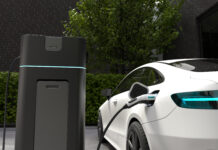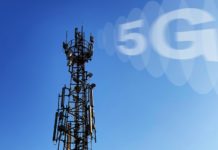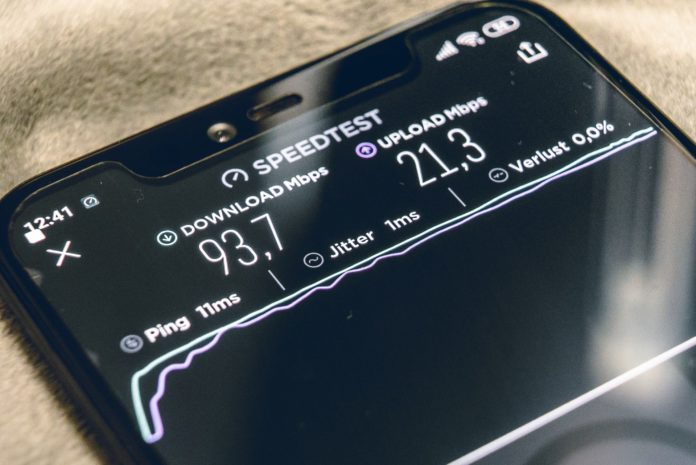5G has proven itself in this COVID19 pandemic time and shows how the future and life of tomorrow will be made. In a few years, cars will be able to auto-drive on their own, and the Internet will go ten times to a hundred times faster. All these will happen thanks to this new mobile network which will be deployed in several parts of the world. But, 5G is scary, because it could endanger our lives and our freedoms. Some worry about its health effects, others for our data. It has become a flagship subject and 5G is at the heart of debates on cyber-spying and trade relations, particularly with China. But what is Beijing doing in this story and why is 5G so worrying?
What exactly 5G is?
5G is the fifth generation of mobile networks. So this is what will replace 4G and 3G on our mobile. From generation to generation the data transfer is faster and faster, so fast that our devices will connect simultaneously. Messaging will be really instantaneous and the videos could load without any problem. But the real revolution will be especially for everyday objects. 5G is expected to network 500 billion machines worldwide to connect cars to traffic lights, digital watches to heating, or have driverless vehicles. To be faster, 5G relies on the 4G network but uses new higher frequency ranges. To set it up, it is, therefore, necessary to build a much denser network of transmitters. The ultimate goal is for 5G to make our cities smart cities.
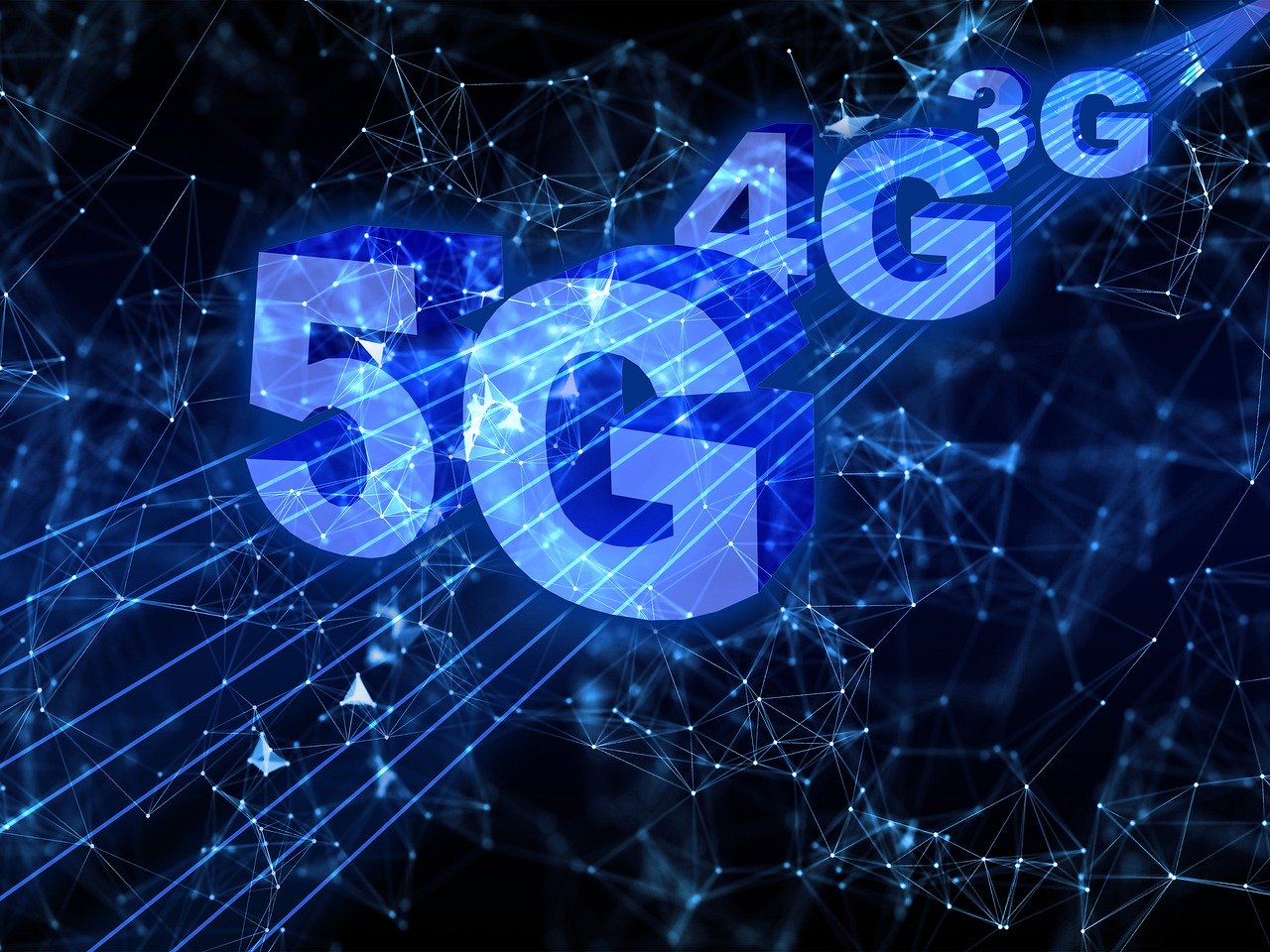
5G is expected to network 500 billion machines worldwide to connect cars to traffic lights, digital watches to heating, or have driverless vehicles.
What is the situation?
In Europe, 5G is in the testing phase and only for industrial use. This is particularly the case in France where experiments are being carried out in several cities like Lille or Bordeaux by Orange, SFR and Bouygues Telecom. But in 2020 everything should accelerate. It was expected that on that date the first mobile plans should enter the market. And this was the objective set at the European level: to have a city 5G connected in 2020 in each European country.
To install the equipment necessary for 5G, you have to go through the frequency auction. Each country must auction the installation of new frequencies to telecom operators. In many countries like Italy, Austria or Germany, the sale has already taken place, but France still hesitates. The conditions of allocation of these frequencies are debated because this new network is more complex, more expensive to install for operators, and potentially more vulnerable than its predecessors. Because in this new telecoms market a question comes up over and over again: should we exclude HUAWEI?
This world leader in telecoms is also the company that has the most patents in 5G after Samsung and the most patents in Europe, for that matter. But HUAWEI is a Chinese brand and that is the problem. What use could the Chinese make of 5G, because they are not as watchful as the Westerners on data protection? It’s the least we can say.
HUAWEI leader in telecoms is also the company that has the most patents in 5G after Samsung and the most patents in Europe, for that matter.
So what are the risks?
For the United States, there are so many risks that HUAWEI has become a threat to national security. At the end of January 2019, the American authorities even sued the firm for industrial espionage. It has even been excluded from the 5G market. Trump administration also recommends that American citizens not use HUAWEI’s mobiles. And this goes even further when the American secret services have threatened to cooperate less with the secret services of European countries if HUAWEI equipment were used. The United States is concerned that HUAWEI is installing backdoor digital into its 5G equipment. Thanks to this device, Beijing could spy or sabotage on a large scale all devices and mobiles connected to 5G by HUAWEI worldwide and even put them off. For the moment there is no proof of the existence of such a device. No backdoor has yet been found in HUAWEI products. However, American fears are widely shared internationally. The firm is therefore under surveillance because the problem is considered to be structural. Indeed, the management of HUAWEI is reputed to be very close to the Chinese government. It is also financed by state banks. Precisely, the Chinese state generally reserves the right to access company data at any time for security reasons. That is what is said in the law and no business can resist it. Despite everything, HUAWEI rejects all accusations and even agrees to be checked. As a sign of goodwill, she even opened a cyber-security center in Brussels in early March 2019 so that everyone can get a glimpse of the HUAWEI source code.
What are challenges?
By deciding to exclude HUAWEI from 5G, the United States is going one step further in the technological battle that opposes them to Beijing. American businesses are facing the brunt of Chinese competition, and Americans must take steps to protect themselves. Those who follow their examples such as Australia, New Zealand and Japan are following the same logic. Europe, on the contrary, hesitates and for several reasons. The Europeans have already wiped the plugs of American equipment with the Snowden affair. Thus, the first to install these famous digital backdoors were the United States. Edward Snowden revealed the existence of these doors installed by the American secret services in the systems of the equipment supplier CISCO with a single objective to have access to the most sensitive data. Since then, the European Union’s relation became cold with the United States which has threatened to tax European cars. As for China, it is investing massively in Europe. So despite the risks, the European Union decided to take the middle path.
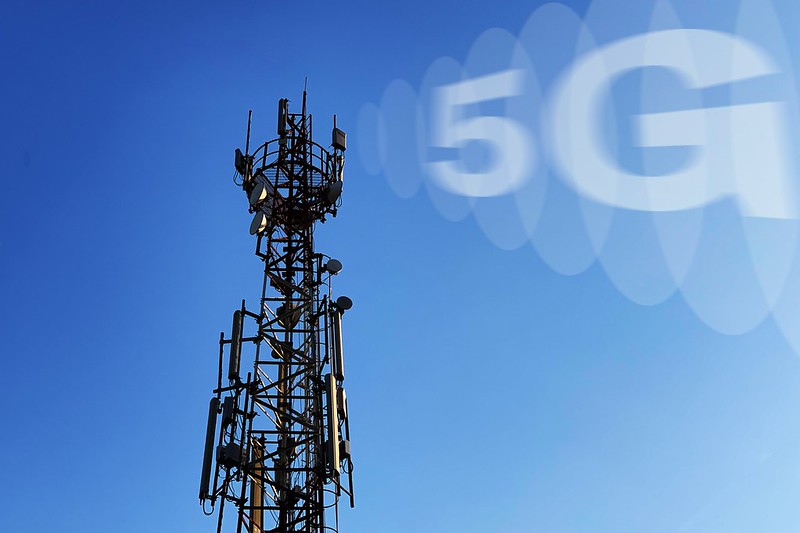
Why does Europe not ban?
The European Commission has asked all European countries to step up their cyber-security measures but does not recommend banning the Chinese operator. Each European country is free to make this decision. This is what the communication from the European Commission published on March 26, 2019, said. According to the European executive, this is an economic question. Telecom operators repeat, HUAWEI is essential, without it Europe would be two years behind in the installation of 5G. This is what Vodafone network Chief Nick Read said. Besides, 5G brings in: $ 220 billion in revenue worldwide. Any delay would be a shortfall. Europe will, therefore, have to deal with the Chinese network and coordinate, because with the interconnection of networks in Europe it is a reality. If a country is affected by a cyber-attack, this will inevitably have repercussions on all networks at the European level. The commission, therefore, asked all European countries to send it the assessment of the risks associated with 5G, but, also to implement European security certification on all networks. The measure will be coordinated by a European agency specializing in cyber-security eu-LISA. The goal is to have the same cyber-security standards everywhere, which for the moment is not the case. If Germany, France, or the Czech Republic were the first to implement cyber-security strategies, Poland and Greece waited until 2017. And for HUAWEI telecommunications devices, each country has its restrictions.
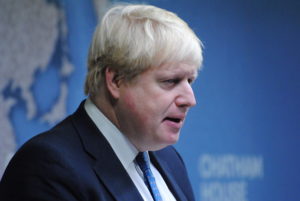
In the UK, HUAWEI devices have been thoroughly evaluated. Thus, on January 28, 2020, Boris Johnson authorized HUAWEI to participate in the construction of the British 5G network and this despite the warnings of Donald Trump and the reluctance of the Minister of Defense Ben Wallace and the Minister of the Interior Priti Patel.
The UK didn’t have much choice, it’s HUAWEI that has been handling its 4G infrastructure for over a decade and UK telecom operators have already used HUAWEI for their 5G.


